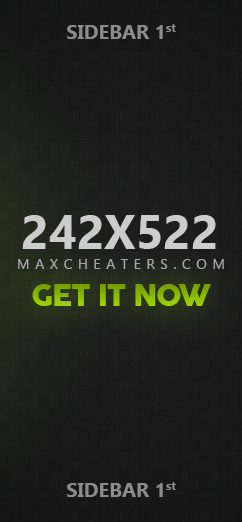Guide [Guide]How To Write Script!
-
Posts
-
This is a bump: https://databay.com/
-
In my h5 client the splash opens and after a few seconds the slash disappears and it doesn't come into play in the login panel. Anyone can send me a link with a h5 client?
-
In the git lab has many version i take the one i want and build it by complinig it ? Also the Account Manager arcive what is it ??
-
Hello all I have like 100GB of old stuff I would like to organize. Let me know if is already shared or not interesting Clients Prelude Open beta Prelude live 317 C1 C2 C3 530 555 560 greenhope C4 659 L2killer C5 patch 000000000010 client Auth Hauth + hguard cracked ? I think doesnt works. Hauth proxy server ? l2filter c1 c3 authsniffer Game patches C1-C5 Compatibility fixes C4 Dropspoil C4 IRC mod + chat log feature Gameguard fix C3 Gameguard fix Server Prelude C1/C2 Elhaym Smelij c6-c1 SINA original Meifu original C3 C1 based incomplete C4 Vagrant sources C5 00000000010 C6 Vagrant sources Tools Client development Server websites old PHP 5 2005 L2connection manager Development Programs Reverse enginerin L2 Packets and docs
-
Hello, everyone! We would like to remind all number providers, modem owners, and providers about our SMS.PRO platform! We have created the ideal conditions for earning money: ✅ You set the price for your numbers yourself. ✅ Flexibility: sell numbers to everyone or selectively (private sales). ✅ Fully automated process — from connection to payments. ✅ High load capacity: the system processes over 1,000,000 activations per day. If you are looking for a reliable and technologically advanced partner to monetize your numbers, join us! ➡️ Get started: https://sms.pro/ 🆘 Support: https://t.me/alismsorg_bot We are looking for partners! SIM card, modem, and mobile number owners — come join us!
-
-
Topics









Recommended Posts
Create an account or sign in to comment
You need to be a member in order to leave a comment
Create an account
Sign up for a new account in our community. It's easy!
Register a new accountSign in
Already have an account? Sign in here.
Sign In Now